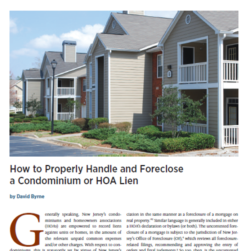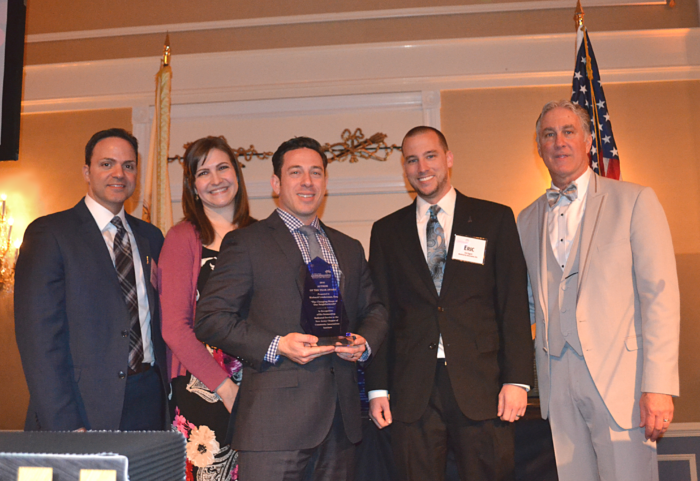Ansell Grimm
March 31, 2017
The Superior Court of New Jersey recently entered a $2M, verdict against Silver Fox, LLC, and in favor of Falcon Ridge Condominium Association, Inc. Falcon Ridge is a 27 building condominium situated in Hamburg New Jersey. Silver Fox, LLC, is the successor sponsor and developer of Falcon Ridge.
Falcon Ridge originally filed suit in December 2011, asserting a variety of claims, including negligence, breach of warranty and breach of implied warranty. Falcon Ridge’s expert, Mitchell Frumkin of KIPCON, Inc., estimated that Silver Fox’s negligence and breach of warranty caused $1,782,000.00, worth of damage to Falcon Ridge’s owners and residents. The parties attempted mediation, but the matter was not able to be settled amicably.
After a two-week, non-jury, trial, the Honorable Frank J. Deangelis ruled that Silver Fox had negligently constructed common elements. He ruled further that Silver Fox breached both implied and express warranties, in regards to Falcon Ridge’s buildings.
Mark Wiechnik, Chair of Ansell Grimm & Aaron’s Community Association Law Group’s Construction Defect Practice, oversaw the litigation since its onset, and personally represented Falcon Ridge at trial.
For questions concerning construction defects or any other litigation matters, please contact Mark Wiechnik, Esq. by email at mmw@62q.f7d.myftpupload.com.



